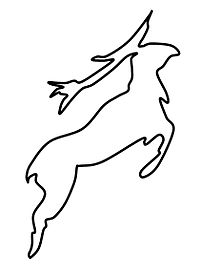46th Infantry Division (Wehrmacht)
| 46th Infantry Division | |
|---|---|
 |
|
| Active | 24 November 1938 – May 1945 |
| Country |
|
| Branch | Army |
| Type | Infantry |
| Size | Division |
| Garrison/HQ | Karlsbad |
| Engagements | World War II |
The 46th Infantry Division (German: 46. Infanterie-Division) was an infantry division of the German Army active from 1938 to 1945. It saw active service during the Second World War, mainly on the Eastern Front.
The 46th Infantry Division was formed in 1938 under the command of Generalmajor Paul von Hase. It fought in the invasion of Poland in 1939, and the following year was engaged in fighting in France. It remained there into 1941 and then participated in the invasion of Yugoslavia in April. During the invasion of the Soviet Union, it was attached to Army Group South and marched through the Ukraine and into the Crimea.
In December 1941 it was engaged in heavy fighting in the Kerch Peninsula in December when two Soviet Armies attacked its positions. Despite being instructed to hold its ground, the XXXXII Corps commander, General von Sponeck, gave the order to pull back. This order was countermanded by the 11th Army commander, Erich von Manstein, but since von Sponeck had already disassembled his wireless set, the order to hold ground was not received. The division avoided encirclement and eventually helped stem the tide of the Red Army landings at Feodosiya.
The withdrawal of the division infuriated the commander of Army Group South, Feldmarschall Walther von Reichenau, and on Hitler's orders von Sponeck was dismissed. The division's commander, Generalleutnant Kurt Himer, was also relieved of his command, and von Reichenau ordered the division to be stripped of its honors.
After the death of von Reichenau two weeks later, his successor Fedor von Bock restored Himer to command along with the division's honours (Himer was mortally wounded in March 1942 and succeeded as commander by Generalmajor Ernst Haccius). It participated in the Siege of Sevastopol and in the fighting in the Caucasus in the winter of 1942–43. As the tide of the war turned against the Germans, the division was forced to gradually retreat through the Ukraine. By September 1943, its strength was considerably reduced and by late 1944, having made a fighting retreat through Transylvania and the Carpathian Mountains and engaged in action on the Slovakian-Hungarian front, it was effectively at regimental strength.
...
Wikipedia
